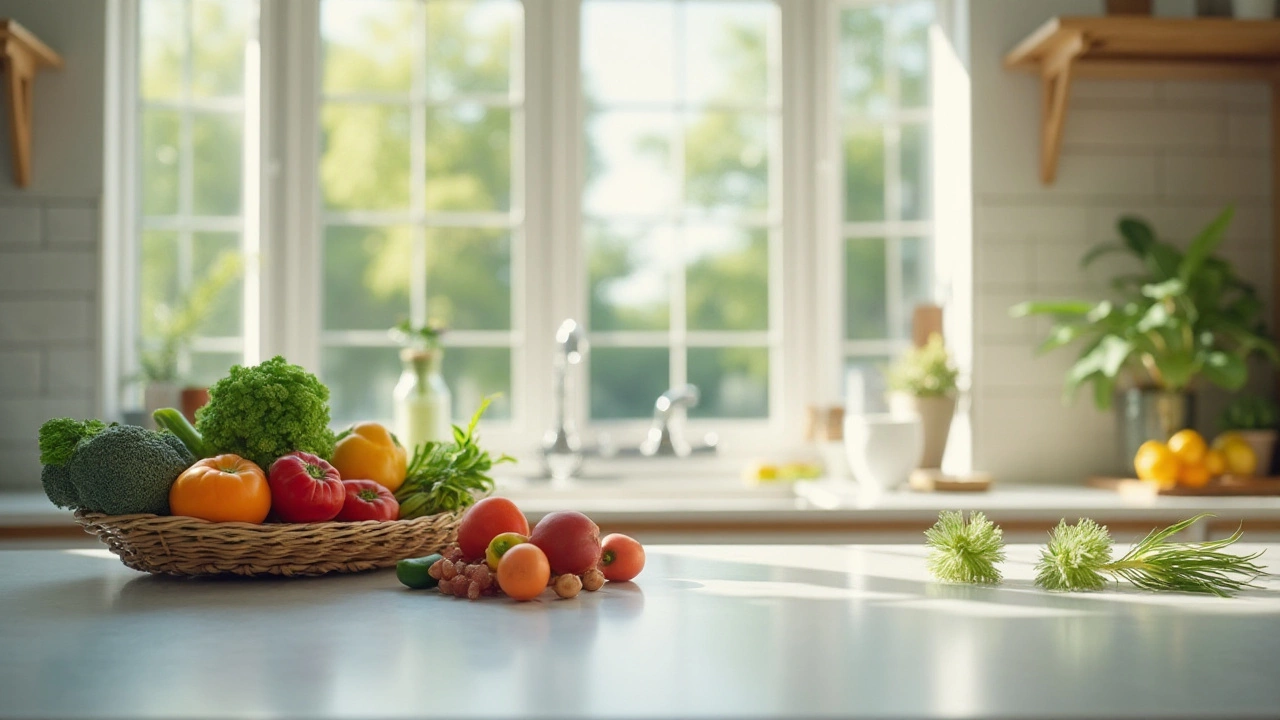Professional Cleaning Tips – Fast, Easy, and Effective
Ever wonder why a pro cleaner makes a room look brand new in one go? The secret isn’t magic – it’s a handful of smart habits that anyone can copy. Below you’ll find the most useful tips that work on real messes, from stubborn oven grease to a smelly mattress, and they won’t require a truckload of chemicals.
Start every clean with a plan. Walk through the space, note the biggest stains or odors, and tackle the hardest job first. When you know exactly what needs attention, you waste less time and avoid hopping back and forth between tasks.
Use the right amount of product, not more. A little enzyme cleaner or vinegar solution goes a long way. Over‑dosing leaves residue, attracts dust, and can damage surfaces. Measure out the recommended ratio – usually one part cleaner to three parts water – and spray lightly.
Keep a microfiber cloth on hand for every room. Microfibers trap dust and grime better than cotton, and they’re reusable. After each use, rinse them in warm water and wring them out – no need for fabric softener, which reduces their grip.
Kitchen & Bathroom Essentials
For greasy oven doors, avoid harsh chemicals that spray fumes. Mix equal parts baking soda and water into a paste, spread it on the glass, let sit 15 minutes, then wipe with a damp microfiber cloth. If black baked‑on grime persists, a quick spray of white vinegar followed by a gentle scrub will lift it without scratching.
Stubborn bathroom limescale? Heat a cup of white vinegar in the sink, pour it over the faucet aerator, and let it sit. After a few minutes, wipe clean – the mineral deposits dissolve, leaving a shine. The same trick works on showerheads.
Mattress odors? Sprinkle a thin layer of baking soda, let it sit for an hour, then vacuum. For urine smells, an enzyme cleaner works best because it breaks down the proteins that cause the odor. Apply, let it sit, and blot dry – no masking, just neutralising.
Living Areas & Windows
Streak‑free windows start with a clean cloth and a simple solution: two parts water, one part vinegar, a splash of dish soap. Spray, wipe horizontally, then finish with a vertical swipe for a spotless finish. Use a squeegee for large pane windows to speed up the job.
Upholstered sofas look dull after a clean because water can leave stains. Spot‑test a solution of mild dish soap and warm water, then dab gently with a microfiber cloth. For deeper grime, a mix of one cup hydrogen peroxide, a tablespoon of baking soda, and a few drops of essential oil works wonders – just spray lightly and blot.
Finally, schedule regular deep cleans. A quick 15‑minute tidy each day prevents build‑up, while a thorough clean once a month keeps everything looking fresh. If you ever feel stuck, remember that professional cleaners focus on the same basics: correct product, proper amount, and systematic work.
Put these tips into practice and watch your home transform. You’ll save time, skip expensive chemicals, and get that pro‑level shine without hiring anyone. Happy cleaning!

Expert Tips for Professional-Level Kitchen Cleaning
Cleaning a kitchen like a professional involves a meticulous approach and attention to detail. From decluttering surfaces to degreasing appliances, each step is crucial in maintaining a spotless and hygienic cooking area. Incorporating effective techniques, such as using appropriate cleaning agents and tools, enhances the cleaning process. With strategic planning and execution, anyone can achieve a pristine kitchen that shines with cleanliness.
Read More